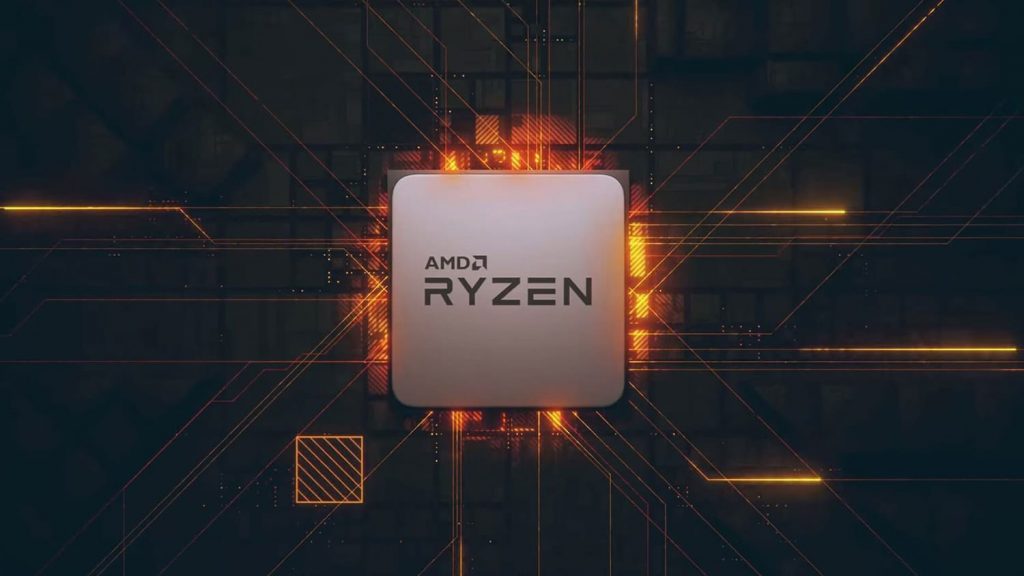We're still some ways off from seeing AMD launch its Zen 5 architecture, but nonetheless, the rumour mill is churning out some early information. Apparently, AMD's Zen 5 APUs, codenamed ‘Strix Point', will be based on 3nm process technology and feature the emerging hybrid core architecture.
According to MoePC (via @Avery78), the Zen 5 APUs will reportedly belong to the Ryzen 8000 series and feature a hybrid architecture with up to 8x big (high-performance) cores and 4x small (high-efficiency) cores, which should total in 20 threads.
Scheduled to release in 2024, the Strix Point APUs iGPU performance targets have already been set, but specific details on this were not shared. Besides the jump to a hybrid core architecture, the Zen 5-based APUs may also bring a new memory subsystem with significant changes. It's unclear if these changes will also be seen in Zen 5-based CPUs.
The report also notes that AMD is no longer going forward with plans for the recently rumoured ‘Warhol' series of CPUs, possibly due to the on-going chip shortage. If Warhol is actually out of the picture, then a Zen 3 refresh would be the Ryzen 6000 series, Zen 4 would become the Ryzen 7000 series, and Zen 5 the Ryzen 8000 series.
Discuss on our Facebook page, HERE.
KitGuru says: With Strix Point APUs allegedly releasing in 2024, we are still far from seeing something official from AMD. In a 3-year span, much can change, especially with the current chip situation that we are facing. What do you expect from Zen 5-based chips?
 KitGuru KitGuru.net – Tech News | Hardware News | Hardware Reviews | IOS | Mobile | Gaming | Graphics Cards
KitGuru KitGuru.net – Tech News | Hardware News | Hardware Reviews | IOS | Mobile | Gaming | Graphics Cards



